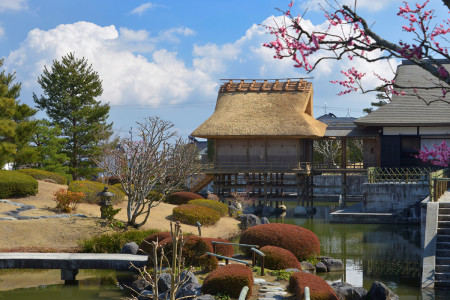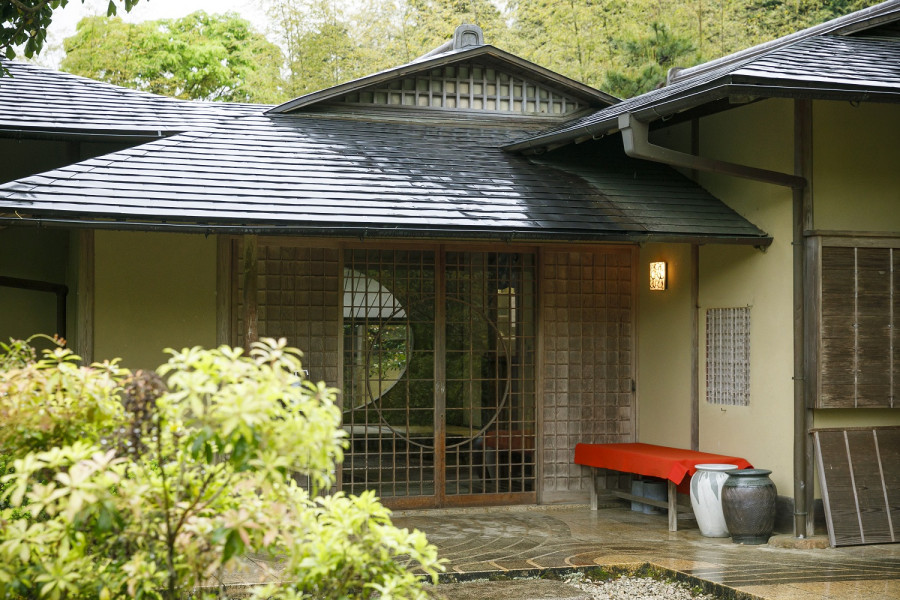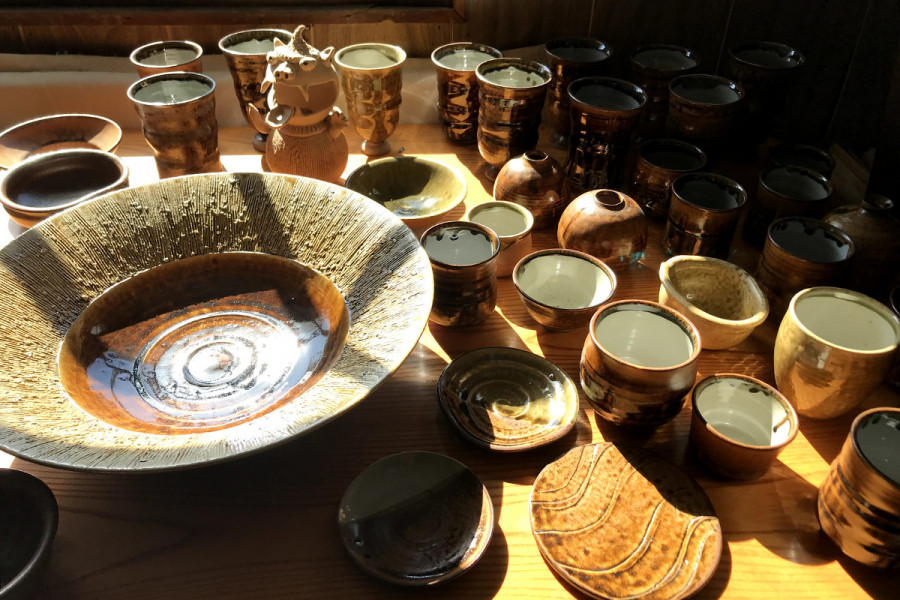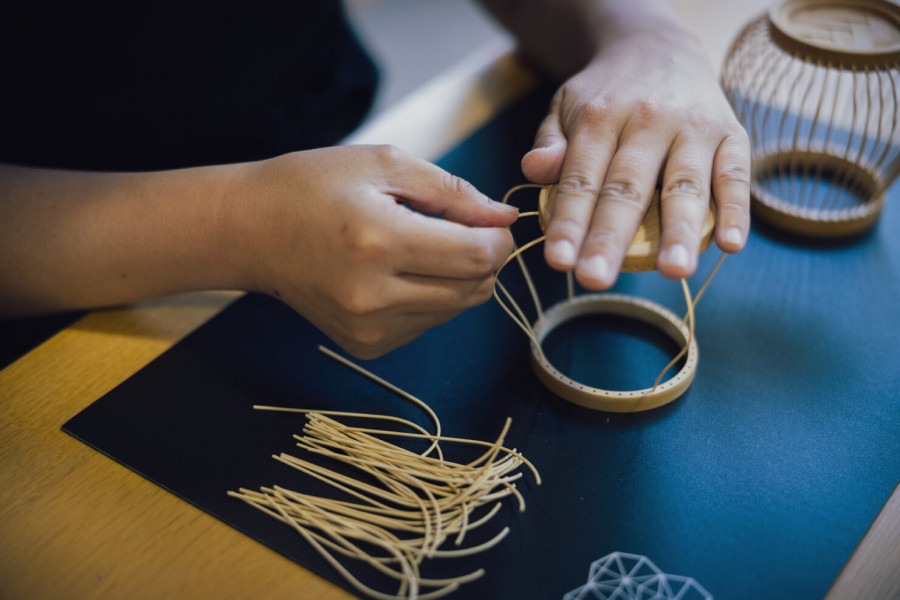
7 hours
Trip Along the Oi River
Green tea culture of the Oi River where both a nostalgic feeling and modernity mix coexist.



Learn About the Roots of Shoichi Kokushi (a Japanese Buddhist Monk) and the Origin of Ieyasu's Beloved Shizuoka Tea
A tea plantation, part of "OKU-SIZ", which has been around since the Edo Period (1603-1868). Sansuien are pioneers of the "engawa cafe", having operated their own veranda to serve tea since the 1980s. The tea served at Sansuien uses spring water from Tochizawa Spring and both the tea leaves and the water are full of the natural blessings of Tochizawa, earning the name "soup stock of the mountains". The tea served can only be tasted at the plantation itself. Sansuien tea fans from all over the country gather for tea ceremonies several times a year.
View SansuienTransit to Gyokuro no Sato - Directions via Google Maps
Enjoy the Culture of Tea in an Authentic Tea Room
The Asahina River basin is one of the three major "gyokuro" tea production areas. Savor gyokuro tea at "Hyogetsu-tei" at the "Gyokuro no Sato Roadside Station".
Experience ""otemae"" (tea-serving demonstration) in an authentic tea room or Japanese-style room overlooking the pond. You're sure to be amazed by the fluffy, soup-like flavor of gyokuro the moment you take a sip! You can also learn about tea ceremony etiquette, tea leaves, and tea utensils while enjoying Japanese sweets and tea.
The restaurant "Cha no Hanatei", also located at the roadside station, serves tea soba noodles and dishes made with local ingredients, alongside their store offering gyokuro tea, local sake, and fresh agricultural products.
View Gyokuro no SatoTransit to Shitoro-Ware Hikoji Kiln - Directions via Google Maps
Experience History at the "Shitoro Ware" (a type of Japanese pottery traditionally from Shimada, Shizuoka) Kiln
Shimada City is the production center of Shitoro ware, a traditional craft which has been passed down for generations since the late Edo period (1603-1868). It is home to one of the "Enshu Seven Kilns" (seven kilns used to make tea utensils using cut molds and other items), selected by the great tea master Kobori Enshu (a Japanese aristocrat, garden designer, painter, poet, and tea master during the reign of Tokugawa Ieyasu).
The soil in the area is full of iron and was used to make teapots as the kiln would fire the pottery into a hard texture. The Hikoji Kiln is a kiln which Tokugawa Ieyasu protected by issuing a "certificate of pottery license" (a cultural property designated by the city) to the potters who lived in Shitoro in the old Totomi Province (also known as Enshu).
"Shitoroyaki DE Ipuku" is a two hour activity at the "Shitoroyaki Hikoji Kiln" where you can make your own pottery and enjoy green tea. Enjoy your tea while listening to the history of the area from the fifth generation Mr. Maruyama and gazing at the finished tea bowls and teacups you made by yourself. We hope that you will enjoy green tea now knowing even more about its history.
View Shitoro-Ware Hikoji KilnTransit to Sumpu Takumishuku - Directions via Google Maps
A Place Which Connects Suruga's History and Future
A place with traditional handicrafts passed down from the Imagawa and Tokugawa eras.
Here you can enjoy various craft experiences still cherished today, such as Suruga bamboo work, Japanese dyeing, woodworking, lacquerware and pottery.
We especially recommend the "tea dyeing" experience, which is a combination of "tea" and "Suruga dyeing". The tannin contained within the tea enchance the color, allowing you to create your own original dyes. We use tea leaves not commerically viable as dyes and the boiled tea leaves are recycled as compost.
After your experience, why not purchase some souvenirs at the "Sugura Bamboo Crafts", a space which artistically uses wood and crafts? You can also enjoy food and drinks made with local Maruko honey from the Muramoto Bee Farm, as well as ingredients sourced from within the prefecture at our cafe "HACHI & MITSU".
View Sumpu Takumishuku